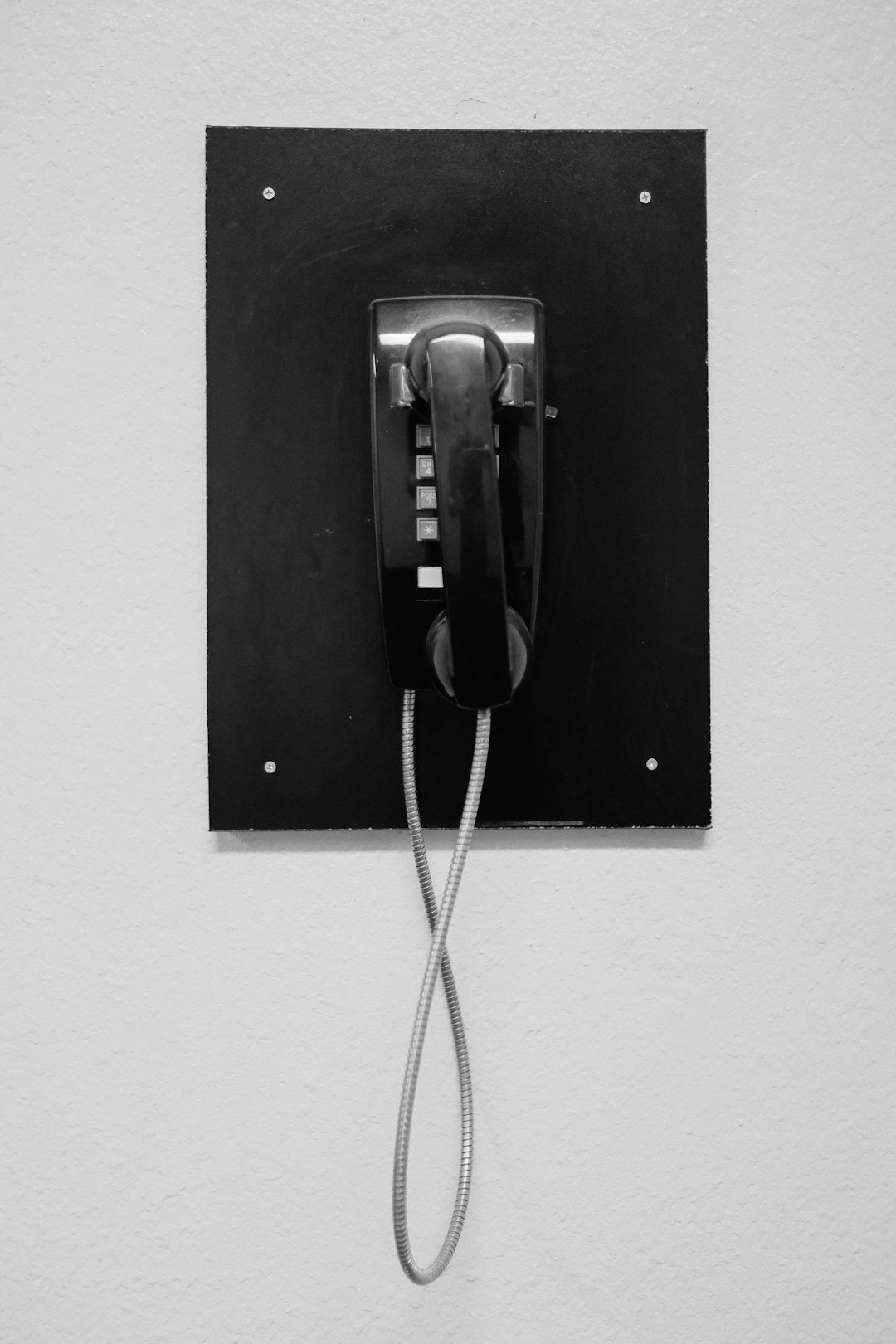In Washington state, small claims courts provide an accessible and cost-effective solution for civil disputes up to $10,000, including debt collection issues. To protect your rights and navigate legal procedures, consulting a lawyer for debt collector specializing in Washington's debt collector laws is crucial. The process involves filing a claim with the Small Claims Division within three years of the cause of action, focusing on contractual debts or unfair collection practices. Engaging a qualified lawyer ensures eligibility requirements are met and helps achieve efficient case resolution.
Navigating the Washington debt collection small claims court process can be daunting, but understanding the system empowers individuals. This comprehensive guide breaks down the intricate legal landscape, offering insights into the court structure, eligibility criteria, and steps to initiate a claim. Furthermore, it delves into the distinct roles of debt collectors and lawyers, highlighting when legal representation is crucial. By exploring the legal process from filing to resolution, individuals can gain confidence in their rights and options, especially when considering a lawyer for debt collector issues in Washington.
Understanding the Washington Small Claims Court Process

In Washington, the small claims court process is designed to provide an efficient and cost-effective avenue for resolving civil disputes, including those involving debt collection. As a debtor or someone being pursued by a debt collector, understanding this process is crucial. It’s essential to know that in Washington state, small claims courts handle cases where the amount in dispute is $10,000 or less, making it accessible for individuals and small businesses dealing with debt-related issues.
When facing a debt collection lawsuit, consider seeking legal advice from a qualified lawyer for debt collectors in Washington. These professionals can guide you through the court process, ensuring your rights are protected. They understand the nuances of Washington’s small claims court system and can help you prepare and present your case effectively. This is particularly important given that navigating legal procedures without representation can be complex and potentially detrimental to your interests.
– Overview of the court system in Washington

The court system in Washington, often referred to as the “State of Washington Justice System,” is designed to ensure fairness and access to justice for all residents. At its core, the system includes a network of courts that handle various legal matters, from criminal cases to civil disputes. In the context of debt collection, small claims courts play a significant role, providing an accessible and cost-effective avenue for both debtors and creditors to resolve financial conflicts.
Washington state’s small claims process is particularly tailored to deal with smaller dollar amounts, making it ideal for individuals or businesses seeking to recover debts. A lawyer for debt collector laws in Washington can guide clients through this system, ensuring they understand their rights and obligations. The court typically requires a simple filing process where the plaintiff (the party seeking to collect the debt) submits necessary documents outlining the claim. This direct approach streamlines the proceedings, allowing cases to be heard more promptly compared to higher-stakes litigation.
– Eligibility for filing a small claims case

In Washington State, individuals who have a claim for money against a debt collector may be eligible to file a small claims case in court. The Small Claims Division is designed to provide an efficient and accessible legal process for disputes involving amounts typically under $10,000. If you’re dealing with a debt collection agency or lawyer for debt collector in Washington, it’s crucial to understand the eligibility criteria. Generally, cases must involve debts arising from contracts, accounts, or transactions where money is owed. This includes situations where a debt collector has pursued payment in an inappropriate manner, such as through harassing phone calls or unfair collection practices.
Eligibility also requires that the plaintiff—the person filing the claim—must not be a business entity and the amount sought must not exceed $10,000. The case must be brought within the statute of limitations, typically three years from when the cause of action arose. It’s advisable to consult with a qualified lawyer for debt collector in Washington to assess your specific circumstances and ensure you meet all eligibility requirements before proceeding with a small claims case.






